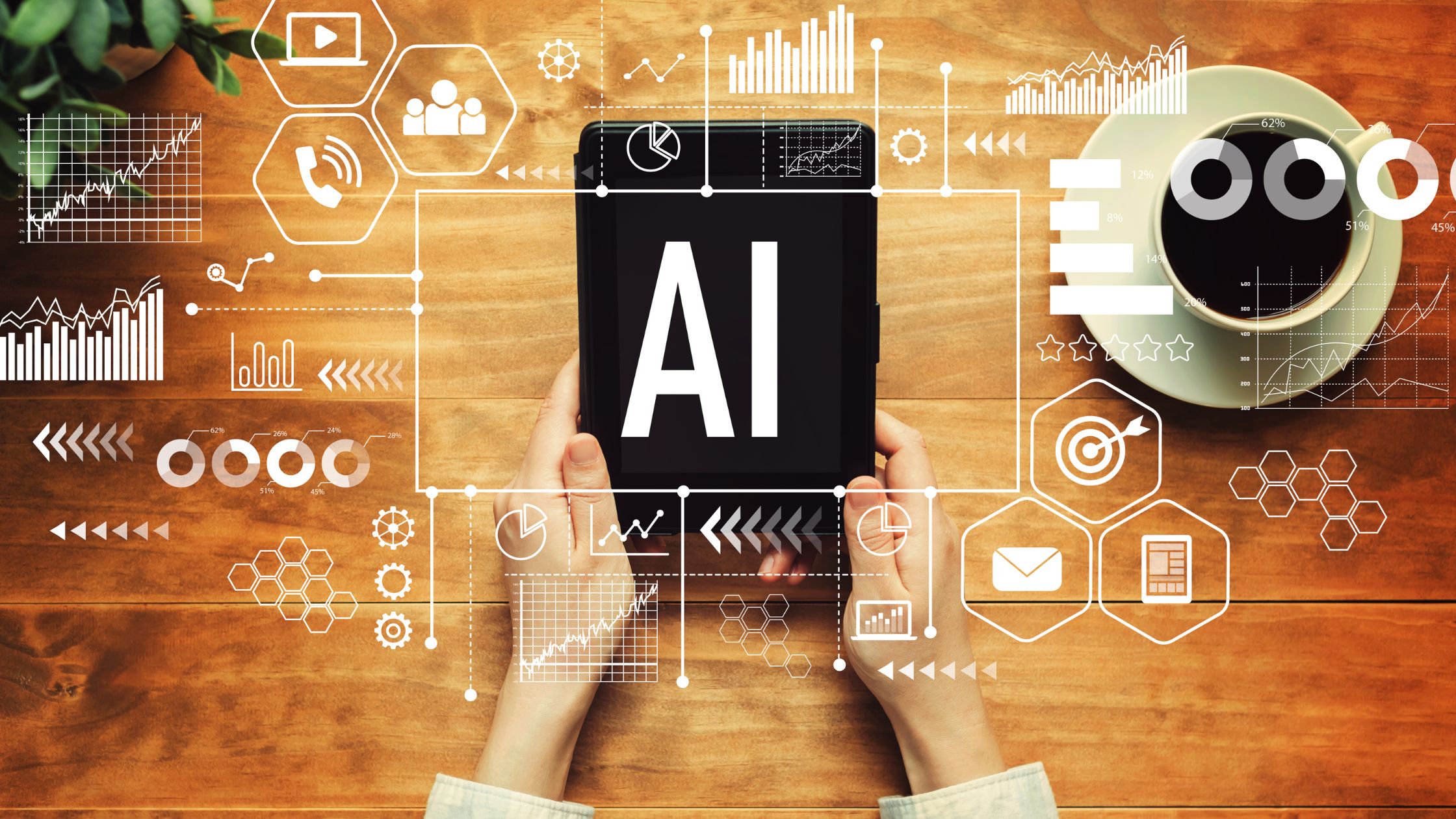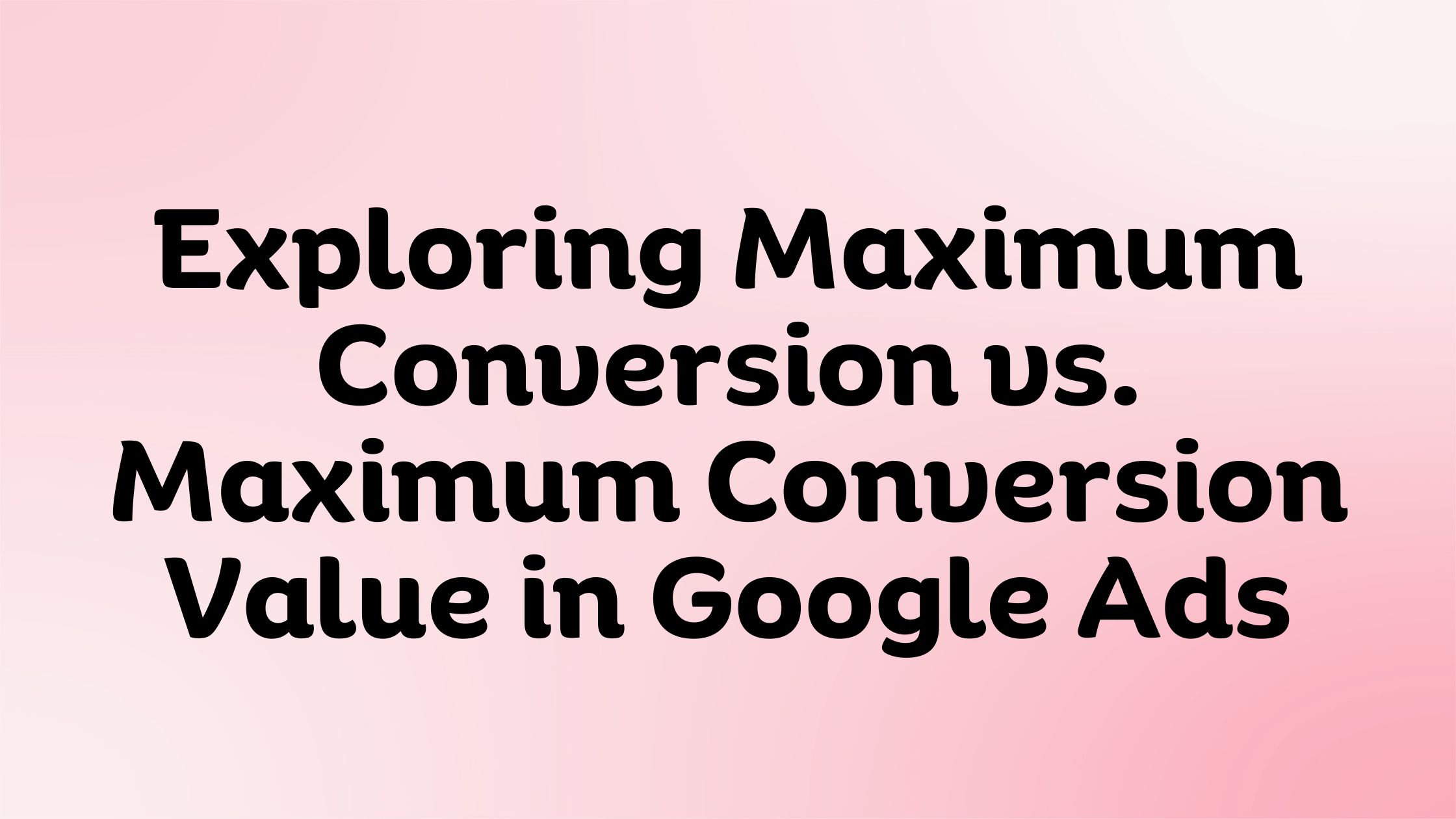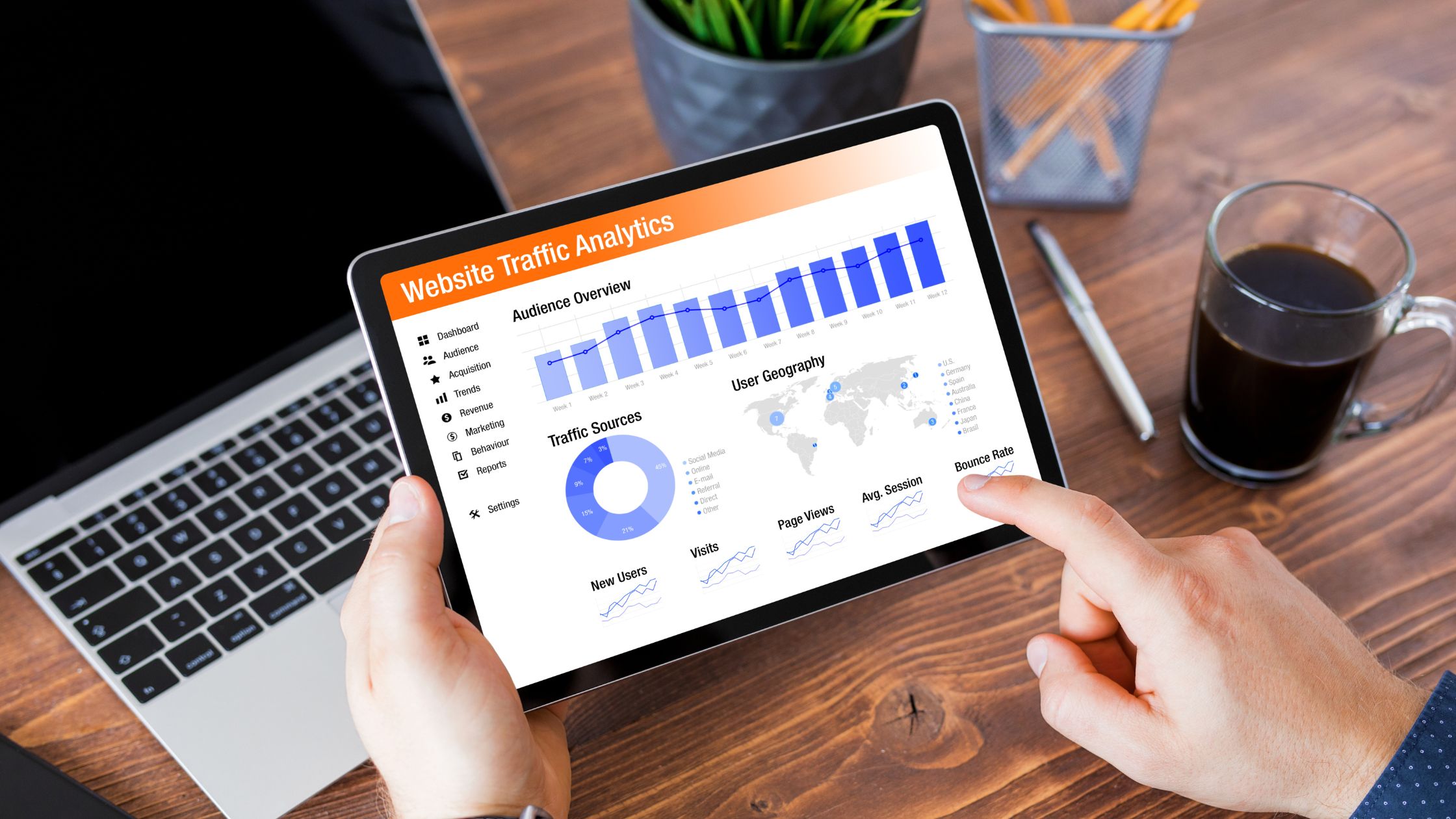As the digital landscape continues to evolve, businesses must adapt their marketing strategies to stay ahead of the curve. Artificial Intelligence has emerged as a game-changer, enabling marketers to better understand their target audience, automate various processes, and make data-driven decisions. AI not only optimizes marketing efforts but also ensures that businesses can deliver personalized experiences to their customers. In essence, AI-powered digital marketing strategies are becoming indispensable for companies looking to thrive in an increasingly competitive market.
The integration of AI into digital marketing is already yielding remarkable results, such as improved customer engagement, higher conversion rates, and increased return on investment (ROI). By leveraging AI-driven tools and techniques, marketers can identify consumer patterns, predict future trends, and create more targeted campaigns. This, in turn, allows businesses to foster stronger connections with their audience and build lasting customer relationships. As AI technology continues to advance, its impact on digital marketing is set to grow exponentially, offering businesses innovative ways to stay relevant and maintain a competitive advantage in the ever-changing digital world.
In this blog post, we’ll explore the role of artificial intelligence in digital marketing and how businesses can take advantage of this cutting-edge technology.
Personalization and Customer Segmentation
Artificial Intelligence has revolutionized digital marketing by enabling the analysis of massive datasets to detect patterns and trends, facilitating advanced personalization and customer segmentation. With the help of AI-powered tools, marketers can now design highly targeted campaigns that cater to the specific needs and preferences of their audience. This bespoke approach to content delivery allows businesses to enhance customer engagement, leading to higher conversion rates and overall satisfaction.
Furthermore, AI-driven algorithms can analyze user behavior and preferences to generate personalized product recommendations and offers, creating a tailored shopping experience for each customer. By understanding the unique needs of individual users, businesses can foster stronger connections with their audience and build brand loyalty. In an era where customers are inundated with generic marketing messages, the ability to deliver personalized content through AI technology is proving to be a powerful differentiator in the competitive digital landscape.
Content Generation and Optimization
The advent of AI-powered content generation tools, including natural language processing (NLP) and machine learning algorithms, has revolutionized the way marketers create high-quality, SEO-optimized content. These advanced tools can efficiently analyze user search behavior, identify trending topics, and generate content ideas that align with the interests of the target audience. This enables marketers to produce engaging and relevant content that captures the attention of their readers and improves search engine rankings.
Moreover, AI technology also plays a crucial role in optimizing existing content. By identifying areas for improvement, such as gaps in information or suboptimal keyword usage, AI-driven tools can suggest actionable enhancements to boost the content’s overall performance. This includes refining keyword optimization, improving readability, and ensuring the content remains up-to-date and relevant. By embracing AI for content generation and optimization, marketers can streamline their content creation process, produce more impactful content, and ultimately, drive better results in the competitive digital marketing space.
Chatbots and Conversational Marketing
The emergence of AI-powered chatbots, driven by natural language processing, has significantly transformed customer service and engagement in the digital marketing arena. These intelligent virtual assistants are capable of addressing customer inquiries, delivering personalized recommendations, and even facilitating sales processes. As a result, businesses can provide exceptional customer experiences around the clock, catering to the modern consumer’s need for instant and accurate support.
Furthermore, chatbots enable businesses to gather valuable customer data and insights, which can be used to refine marketing strategies and enhance personalization efforts. By engaging customers in real-time conversations, chatbots help forge stronger connections and foster brand loyalty. The integration of chatbots into digital marketing strategies not only increases customer satisfaction but also alleviates the workload of customer service teams, allowing businesses to allocate resources more effectively. As AI technology continues to advance, chatbots are expected to play an increasingly vital role in shaping customer experiences and driving success in the digital marketing landscape.
Predictive Analytics and Data-driven Marketing
The implementation of AI-driven predictive analytics tools is reshaping the way marketers approach data-driven decision-making. By analyzing historical data and pinpointing trends, these advanced tools provide valuable insights that can be harnessed to predict customer behavior, optimize marketing budgets, and enhance the overall performance of marketing campaigns.
Armed with these predictions, marketers can make informed decisions about where to allocate resources, which marketing channels to prioritize, and how to adapt their messaging to resonate with their audience. For instance, predictive analytics can help identify high-value customer segments, enabling businesses to target their efforts more effectively and maximize their return on investment.
Furthermore, AI-powered predictive analytics can assist in identifying potential risks and opportunities, allowing marketers to stay ahead of the competition and proactively adjust their strategies. This proactive approach to marketing not only leads to improved efficiency but also ensures that businesses can capitalize on emerging trends
Social Media Monitoring and Sentiment Analysis
Artificial Intelligence plays a crucial role in enhancing digital marketers’ ability to monitor social media channels, track brand mentions, and analyze customer sentiment more effectively. Utilizing AI-powered tools for sentiment analysis, marketers can gain a deeper understanding of their audience’s emotions and opinions, allowing them to create content and communication strategies that truly resonate with their target market.
By gauging audience sentiment, businesses can identify areas where they excel and areas that need improvement, helping them make data-driven decisions to strengthen their brand image. Additionally, sentiment analysis can help detect potential crises or negative publicity early on, allowing marketers to proactively address concerns and maintain a positive brand reputation.
Moreover, AI-driven social media monitoring tools can help marketers discover trending topics, influencers, and popular content within their niche, enabling them to capitalize on these trends and stay ahead of the competition. As a result, businesses can foster more meaningful connections with their audience, increase engagement, and ultimately drive better results from their social media marketing efforts.
Programmatic Advertising
The integration of Artificial Intelligence in the realm of online advertising has led to a significant shift towards programmatic ad buying. This technology automates the ad buying process, enabling marketers to efficiently purchase ad space and deliver highly targeted ads to their desired audience. By analyzing user data and making real-time decisions, AI ensures that the most relevant ads are displayed to the right users, resulting in improved efficiency and effectiveness of advertising campaigns.
Programmatic advertising allows marketers to optimize their campaigns in real-time, adjusting their targeting criteria, bidding strategies, and creative assets based on the performance data gathered. This data-driven approach not only leads to better campaign results but also enables marketers to achieve a higher return on investment by minimizing wasted ad spend.
Furthermore, AI-driven programmatic advertising platforms can help businesses identify and capitalize on emerging trends, ensuring that their ads remain relevant and engaging in an ever-changing digital landscape. By leveraging the power of AI in programmatic advertising, marketers can deliver more personalized and impactful ads, leading to enhanced user experiences and increased campaign performance.
Marketing Automation
The advent of AI-powered marketing automation tools has revolutionized the way marketers approach various marketing tasks, including email marketing, lead scoring, and customer relationship management. By automating repetitive and time-consuming tasks, these tools enable marketers to save valuable time and resources, empowering them to concentrate on more strategic initiatives that drive business growth.
Marketing automation platforms, driven by AI algorithms, can help marketers create personalized email campaigns, segment their audience more effectively, and optimize their messaging based on user behavior and preferences. This results in improved open rates, click-through rates, and ultimately, higher conversions.
Furthermore, AI-driven lead scoring systems can analyze and prioritize leads based on their likelihood to convert, allowing sales teams to focus their efforts on the most promising prospects. This targeted approach not only increases sales efficiency but also helps businesses achieve a higher return on investment.
By integrating AI-powered marketing automation tools into their strategies, businesses can streamline their marketing operations, gain deeper insights into their audience, and create more targeted and effective campaigns. This ultimately leads to better results, increased efficiency, and a competitive edge in the ever-evolving digital marketing landscape.
Conclusion: Artificial intelligence is revolutionizing the digital marketing landscape by offering innovative solutions and powerful tools that enable businesses to create more personalized, efficient, and data-driven marketing campaigns. By embracing AI technology, digital marketers can gain a competitive edge and stay ahead of the curve in an ever-evolving industry. As AI continues to advance, we can expect even more groundbreaking applications in digital marketing, shaping the future of how businesses connect with their customers.







